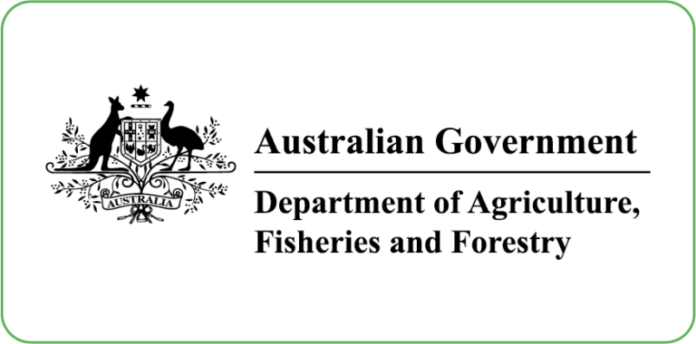The global Halal food market has seen significant growth in recent years, driven not only by Muslim consumers but also by those who perceive Halal products as safer, more ethical, and cleaner. For food manufacturers looking to expand into international markets, obtaining Halal certification has become more than just a cultural requirement—it’s a strategic business move. In countries like Indonesia, where the demand for certified Halal goods is mandatory for many product categories, understanding the Halal Certificate requirements for Indonesia is essential for compliance and market entry.
Understanding Halal Certification: More Than a Religious Symbol
Halal certification involves a comprehensive assessment of food products, from sourcing and production to packaging and distribution. It’s not merely a religious approval—it’s an assurance of quality, hygiene, and ethical standards. For manufacturers, a recognized Halal certification mark on their products helps to establish trust with retailers and consumers in Muslim-majority and Halal-conscious regions.
This certification ensures that products do not contain any non-Halal (haram) ingredients and that the manufacturing process follows approved Islamic guidelines. As consumers increasingly look for transparency and credibility in food production, a legitimate Halal certification mark provides assurance and competitive differentiation.
Compliance with International Halal Standards
Navigating global Halal regulations can be complex, especially as requirements differ by country. For example, the Halal Certificate requirements for Indonesia are particularly rigorous. Indonesia mandates Halal certification for a wide range of consumer products, and only products certified by recognized Islamic bodies are accepted. Manufacturers looking to access the Indonesian market must adhere to these requirements or risk being denied market entry.
Similarly, countries like Malaysia, Singapore, and members of the Gulf Cooperation Council (GCC) have specific compliance needs. By aligning with internationally accepted standards and obtaining certification from approved authorities, food manufacturers can open doors to high-demand markets across Asia, the Middle East, and Africa.
The Competitive Edge of Halal Certification
In today’s consumer-driven world, branding and credibility are everything. Products that carry a Halal certification mark often gain an edge on retail shelves, appealing to both Halal-observant and ethically conscious buyers. Supermarkets, restaurants, and online retailers increasingly prioritize suppliers that provide proof of Halal compliance.
Moreover, food manufacturers can benefit from the growing demand in sectors such as processed foods, ready-to-eat meals, and functional beverages. Certification not only boosts sales but also contributes to brand reputation and long-term customer loyalty.
Operational Benefits for Manufacturers
Beyond access to new markets and enhanced brand perception, Halal certification also promotes operational efficiency. The process of obtaining certification often leads companies to adopt cleaner production methods, better traceability, and improved food safety measures. These improvements benefit overall business operations and can help meet other international food safety standards.
Understanding and complying with frameworks like the Halal Certificate requirements for Indonesia becomes a critical part of the production and export strategy for any company aiming for regional or global success.
Conclusion: Partnering with a Trusted Certification Authority
For food manufacturers aiming to grow in a global, Halal-conscious market, the right certification partner is key. NHASA offers a comprehensive range of Halal certification services, including processed foods, beverages, and meat products, ensuring full compliance with international standards. Whether targeting local markets or expanding into regions like Indonesia and Singapore, businesses can navigate regulatory frameworks and earn the trust of global consumers through credible certification.

